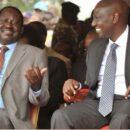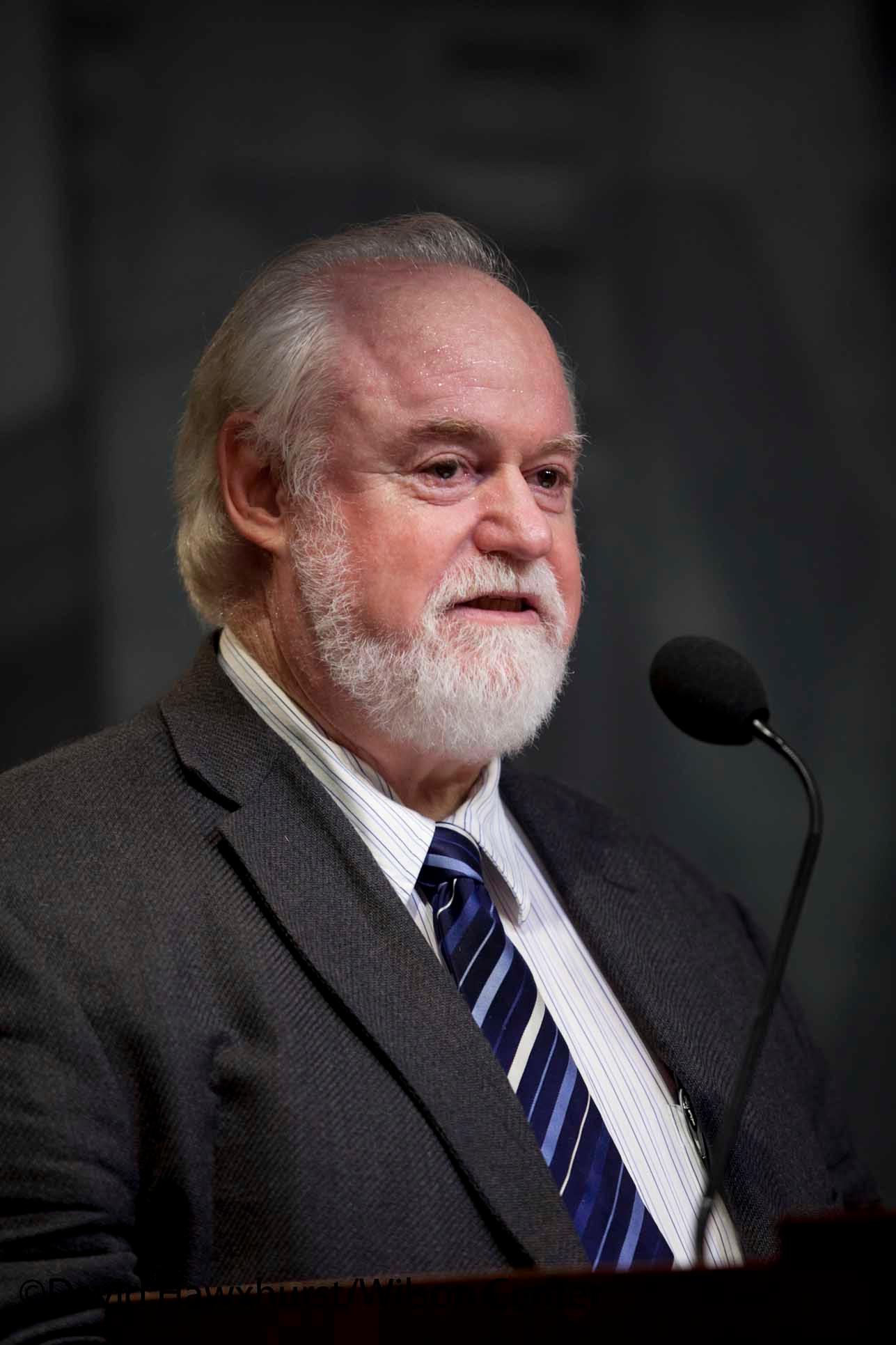
Debating Ideas is a new section that aims to reflect the values and editorial ethos of the African Arguments book series, publishing engaged, often radical, scholarship, original and activist writing from within the African continent and beyond. It will offer debates and engagements, contexts and controversies, and reviews and responses flowing from the African Arguments books.

Scene from 6 January protests in Khartoum
Sudan succumbed to another coup
On 25 October 2021, Lt. General Abdel Fattah al-Burhan, commander of the Sudanese Armed Forces and head of the Sovereign Council (SC), launched a coup and framed it as a gesture and an endeavour to maintain Sudan’s push towards stability and progress. Deeply alarmed by the takeover, the US suspended its $850 million designated funding to support Sudan’s democratic transition. The move was widely viewed as a way for al-Burhan to not hand over the chairmanship of the SC to a civilian government planned on 17 November.
Faced with international condemnation and persistence to reinstate Hamdok as PM, al-Burhan pressed on to form a Transitional Government, appointing himself as head of a new SC, with several armed groups joining the pack; and later reinstating Hamdok as PM. Although the Troika states applauded Hamdok’s reinstatement, the move alienated civilian protestors and groups who have been demanding a civilian only government.
The civil-military coalition
There are several reasons why the partnership fell apart. The coup is a consequence of weak civilian politics with no dominant civilian political party to lead the transition. Over the decades, it has encouraged the military to repeatedly intervene in rule, thereby creating a ready-made excuse for future interventions.
Several armed groups who became part of the government after signing the Juba Peace Agreement in 2020 demanded government positions for themselves and rewards for their followers. For example, the Justice and Equality Movement’s leader Gibril Ibrahim was appointed as finance minister with al-Burhan support. In contrast, Minnawi was appointed governor of Darfur due to Lt. General Mohamed Hamdan Dagalo “Hemedti”.
In addition, international creditors who often have no idea about the complexities of the Sudanese economy insisted that Sudan follow a complex debt relief programme that is ill-suited for a state recovering from decades of state mismanagement. Inflation continues to rise —400 per cent—and the national debt is projected to reach $1.2 trillion by 2025. Over the last two years, the spending of the army has expanded, while the national economy has been in crisis. Nevertheless, even after agreeing to restructure state finance, Ibrahim broke with Hamdok and emerged as a leading advocate of the military seizing power.
Regional axis propelling military rule
Al-Burhan and Hemedti represent the regional interests of Saudi Arabia, the United Arab Emirates (UAE) and Egypt, the latter in favour of a military style stable and secure Sudan. Both Saudi Arabia and the UAE threw their weight behind Egypt after growing tired of the former Bashir regime not providing a stable and secure environment for their investments in Sudan. Egypt’s interests were about protecting its southern borders that shared 1000 km borderland and the Red Sea which is the only access point to its Suez canal—generating $5.7 billion in 2018. Albeit concerns that all three countries have lobbied the Forces of Freedom and Change (FFC) and the Sudanese Revolutionary Forces (SRF) to sign the transitional deal in 2019; and the subsequent Juba Peace Agreement in 2020 in a bid to facilitate credibility for the Sudanese military; their actions show that their interest is motivated by protecting their immediate economic and security interest.
Despite the joint Sudan front, all three countries differ in implementing long-term political, economic and security goals through the Horn of Africa, East Africa and Central Africa which encourages them to continue to support both al-Burhan and Hemedti. Egypt believes it needs to continue maintaining strong relations with al-Burhan and the rest of the Sudan Armed Forces (SAF) as part of its strategy to geo-politically encircle Ethiopia. Their intention is to pressure Ethiopia to sign a binding agreement on the GERD to secure water rights to the Nile, as Egypt sees Ethiopia signing a legally binding agreement is the only recognised guarantee for its water security and to avoid its water security and national security being dictated by changing political moods in Addis Ababa. Meanwhile, the UAE has been vying for the control of Port Sudan as part of an extended strategy to control port regions in East and West Africa to diversify its investments, translating economic dominance in turn to future political influence in both regions. Hemedti supports the UAE strategy through propping up Field Marshal Khalifa Haftar, an ally of the UAE in Libya.
According to a UN Panel of Experts report Hemedti sent troops from the Rapid Support Forces (RSF) to aid Field Marshal Haftar back in 2019. The UAE’s projection of power in Africa is part of its defensive strategy in the Persian Gulf and as a result of being mushroomed between two regional powers: Saudi Arabia and Iran. Although the number of RSF troops in Yemen has been reduced from 30,000 soldiers to 657 those troops continued to be used by both Saudi Arabia and UAE to protect their zones of influences in Yemen. In essence, Saudi Arabia continues to use the RSF to protect its interest in Yemen and there is always a high possibility that it will request more troops if required. Saudi Arabia’s interest in Sudan stems from its long-term strategy to meet both its food security and its Red Sea resorts tourism strategy, both part of Saudi Vision 2030.
Safeguarding Sudan’s transition to democracy
It is naïve to think that there was never evidence that the military would intervene, especially given that civilian elements operate outside existing state power. Nevertheless, al-Burhan has pulled a quick win, although short lived, which helped him maintain his control through a civilian facade, demonstrating he is not a pariah nor an Islamist like Bashir. Thus, restructuring state power is still essential to placing Sudan on the right course towards sustained democracy, especially given the military’s restructuring process that has been in play for over 50 years. Domestically, the military is not gaining political capital from the deal, and increasing protest will continue to strain tension nationally, possibly leading to more violence.
Al-Burhan’s actions of dissolving the SC rather than stepping down from chairing it by July 2022 explains that both he and Hemedti want to maintain their immunity privileges. In essence, the FFC already lost a lot of credibility with the population for agreeing to partner with the military in 2019. The civilian leadership that is currently coordinating the civil protest can start talks with the military to hand over power in exchange for immunity. The international community and particularly the US and its allies in Europe could help those talks through imposing timely targeted sanctions on al-Burhan and his allies until an agreement is reached and implemented.
After a settlement is reached, the civilian leadership needs to coordinate with the FFC, the armed movements, the armed groups that have held out and the new military commanders through an appointed legislative council. The council should be tasked and mandated to set out a comprehensive vision for the transitional period through appointing the remaining institutions of the government and developing a clear and doable road map to the post-transition elections. And, through the legislative council, all three actors need to agree on implementing a series of programmes and deadlines to disarm, demobilise and reintegrate combatants of the armed groups and RSF into the SAF; and to depoliticise the SAF which will require technical expertise and support from regional bodies such as the African Union (AU) and IGAD. Thus, it is crucial for the AU and IGAD—with support from the Trokia states only—to consider a coherent stabilisation strategy for Sudan as a part of a broader regional stabilisation strategy anchored on AU principles that takes into consideration the fluidity of the context on the ground and puts in place sustained security guarantees, and economic, political and technical support with a variety of measures that help to stabilise the country and its future.






